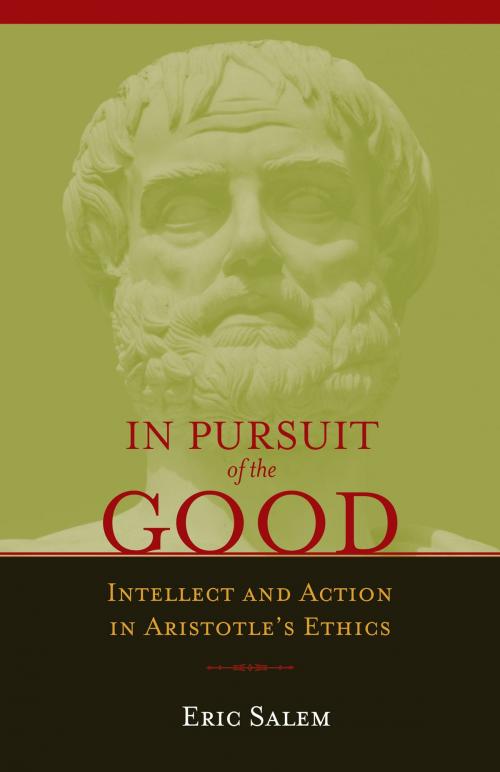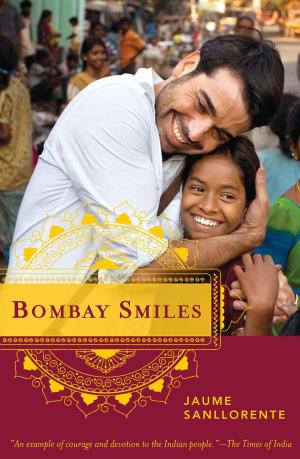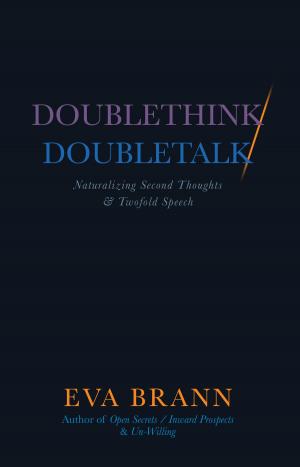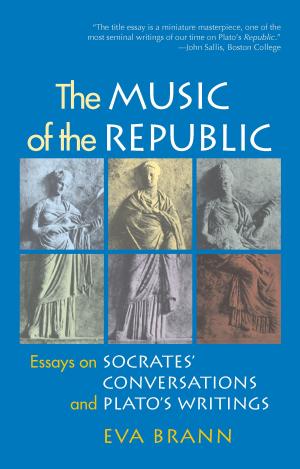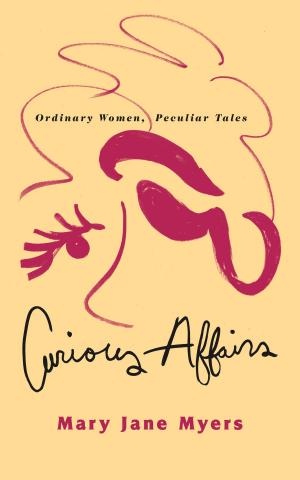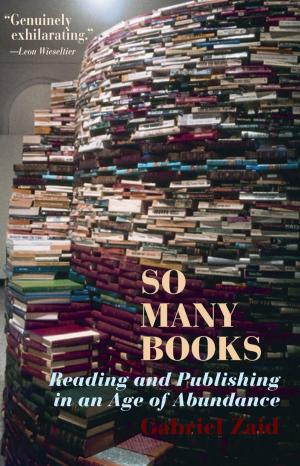In Pursuit of the Good
Intellect and Action in Aristotle's Ethics
Nonfiction, Religion & Spirituality, Philosophy, Ancient, Ethics & Moral Philosophy| Author: | Eric Salem | ISBN: | 9781589882638 |
| Publisher: | Paul Dry Books | Publication: | October 27, 2015 |
| Imprint: | Language: | English |
| Author: | Eric Salem |
| ISBN: | 9781589882638 |
| Publisher: | Paul Dry Books |
| Publication: | October 27, 2015 |
| Imprint: | |
| Language: | English |
"Where does happiness lie?" "What is the best life?" Aristotle ponders these abiding questions in his Nicomachean Ethics—a work which has profoundly influenced Western thinking on ethical matters. A book of apparent obviousness, the Ethics possesses a depth and complexity that a reader at first may overlook or not grasp. In his study, In Pursuit of the Good, Eric Salem guides and deepens the reader's understanding of Aristotle’s masterpiece, thus helping him to decide what the Good Life should be.
The choice for Aristotle is between the life of action and the life of contemplation. Salem writes that for Aristotle:
Happiness does not lie in the enjoyment of bodily pleasures, in the "childish amusement" so prized by most men, including "those in power." Nor does it lie in the exercise of the moral virtues; although Aristotle is careful to say that the happy man will practice the moral virtues as occasion dictates, the life of action is not, it seems, the happy life. Happiness rather lies in contemplation, in knowing, in "seeing" for its own sake; happiness is the activity of the intellect in accordance with wisdom.
Eric Salem has taught at St. John's College in Annapolis since 1990. He collaborated with Peter Kalkavage and Eva Brann on translations of Plato's Sophist and Phaedo. They are currently working on the Statesman.
"Where does happiness lie?" "What is the best life?" Aristotle ponders these abiding questions in his Nicomachean Ethics—a work which has profoundly influenced Western thinking on ethical matters. A book of apparent obviousness, the Ethics possesses a depth and complexity that a reader at first may overlook or not grasp. In his study, In Pursuit of the Good, Eric Salem guides and deepens the reader's understanding of Aristotle’s masterpiece, thus helping him to decide what the Good Life should be.
The choice for Aristotle is between the life of action and the life of contemplation. Salem writes that for Aristotle:
Happiness does not lie in the enjoyment of bodily pleasures, in the "childish amusement" so prized by most men, including "those in power." Nor does it lie in the exercise of the moral virtues; although Aristotle is careful to say that the happy man will practice the moral virtues as occasion dictates, the life of action is not, it seems, the happy life. Happiness rather lies in contemplation, in knowing, in "seeing" for its own sake; happiness is the activity of the intellect in accordance with wisdom.
Eric Salem has taught at St. John's College in Annapolis since 1990. He collaborated with Peter Kalkavage and Eva Brann on translations of Plato's Sophist and Phaedo. They are currently working on the Statesman.
